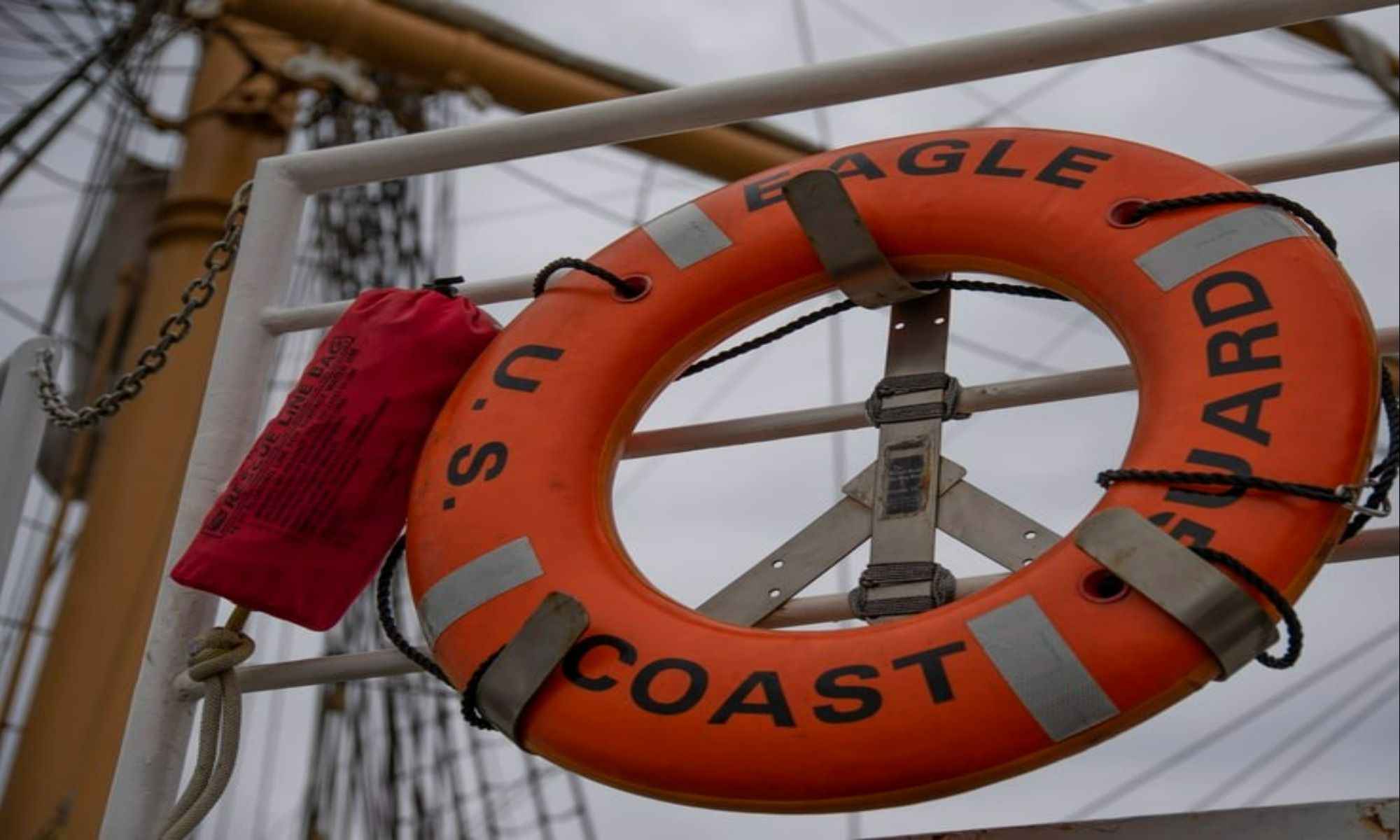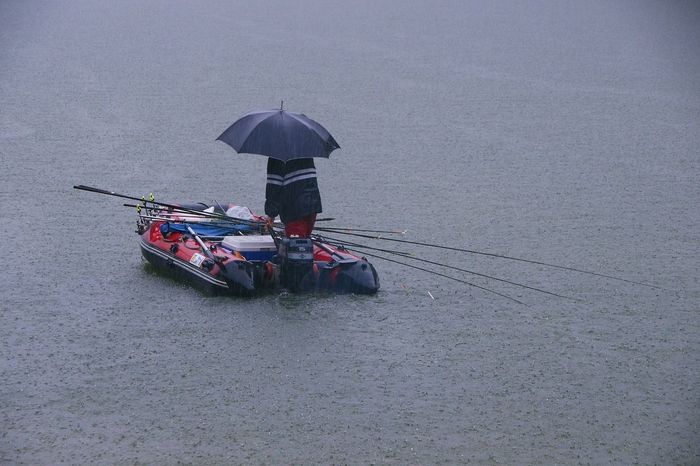Fishing Dangers: 4 Things You Need to Be Aware Of
Everything an angler needs to be careful of when out fishing.

Fishing is a popular sport enjoyed by lots of people worldwide. There are many ways to go fishing with a trip consisting of both exciting and dull moments. Regardless of what happens on a trip, every angler should come prepared with tools for every occasion. The United States Coast Guard (USCG) is stringent on every boat’s necessary equipment. From life jackets to first aid kits, you can never be too prepared when it comes to safety.
The biggest reason for USCG’s strict monitoring of water vessels is the unpredictability of nature. This is especially true in the water, where the slightest setback can be consequential. Despite fishing being a relatively calming pastime for many folks, it does have its dangers. Of course, these shouldn’t dissuade anglers from fishing in the water but instead make them more attentive when out in the water. In most cases, fishing is relatively low-risk. These are the four fishing dangers every angler should be aware of.
Fishing Hazards: Everything You Need To Know
1. Rainfall and Strong Winds

Starting with the most noticeable and obvious choice, rainfall, strong winds, and the rough waves that follow is something anglers should steer clear from. If anything, anglers should check the weather report in the area the day before the trip. If a news outlet says the day will be perfect for fishing but is the opposite, the best move would be to cancel or postpone the trip.

In cases where the day starts as sunny and mildly cloudy but starts to rain after a few hours, it would be best to turn back. Anglers can vaguely know whether or not it will rain by looking at the clouds. Small puffy clouds that end up building up can mean a storm will come. Clouds that are lower than usual can also mean the same thing. The higher the altitude of the clouds, the longer the actual rainfall will be. Darker shades of clouds can also mean heavier rain and winds. Lastly, occasionally checking the clouds to see if they’re forming up is also recommended.
Substantial rainfall and winds can be very dangerous. The effect will be rough waters and a more challenging time moving about in most cases. The worst thing that can happen is the boat capsizing. Anglers should steer clear and have enough good judgment to call the day off when the weather looks to be bad.
2. Dehydration
With the right location and weather, fishing can be very relaxing. From fishing in a lake with the scenery of the alps to slowly trolling fish in the Mississippi Bayous, a lot of time can pass by lazily going through the water. While fishing can be relaxing, it can surprisingly be a workout in itself. It takes a lot of energy to fish between changing lines, attaching bait, and swinging a rod. Anglers will probably sweat a lot, especially on a hot summer day. Even on a regular day, drinking water is something most people tend to forget to do. Of course, it’s easier to get a drink from anywhere when on land. It’s much more complicated when fishing in a boat, especially out in the sea.
Dehydration can seem minor at first, with its effects ranging from dizziness and headaches, but having an attentive mind while fishing is something every angler should have. It only takes a small mistake to turn a fun day out in the sea into an accident waiting to happen. The best solution for this is to always bring enough food and water for everyone on the boat. Emergency food and water supplies are also a must.
3. Cuts and Bruises
At this point, cuts and bruises are just part of fishing. They’re not necessarily a danger, but it’s good to prepare for them. Line cutters and hooks are something anglers have to deal with every time they go out into the water. They’re very sharp and can cause injury. Strong winds and rough waves can also help cause accidents when handling them. Most fish will also fight even as they're brought aboard. Holding them unprepared can cause cuts with their sharp fins with rowdy fish. Catfish, in general, have no scales but secrete a slippery substance that can make it hard to handle them. Since the boat’s floor will always be wet, anglers should be careful not to slip. Particular crevices and protruding parts of boats can cause injuries from mild sprains to fractures.
The best way to prepare fish safely is to use protective gear like thick fish handling gloves. If an angler gets cut, having a USCG-approved first-aid kit will help. Anglers should quickly disinfect the wound before wrapping them with cloth and gauze. Depending on the severity, anglers should go to the hospital to get it checked.

4. Being Alone
When doing any outdoor recreational activity, it is always recommended to do it with a friend. Nature is unpredictable, and preparing for the worst is always the right decision. It is also equally important to have an accountability partner onboard. That friend can help out with checking the clouds for possible storms. They can also help handle fish by holding it down while another angler bleeds and guts them. In case of an accident, like a cut, having someone to administer first-aid will be better than doing it yourself. In the worst-case scenario of potentially falling out of the boat, there’s no way of going back up without someone to help out. In situations where anglers are unsure if the weather will turn for the worse, having a second opinion is essential. Being responsible for each other is a great way to keep safe.
Besides bringing someone along for the trip, notifying some friends and family about your whereabouts is also a smart move. Consistently updating them gives them peace of mind and an idea of where you are. Bringing battery packs and keeping phones in waterproof cases is a way to make sure anglers can communicate with those on land.



